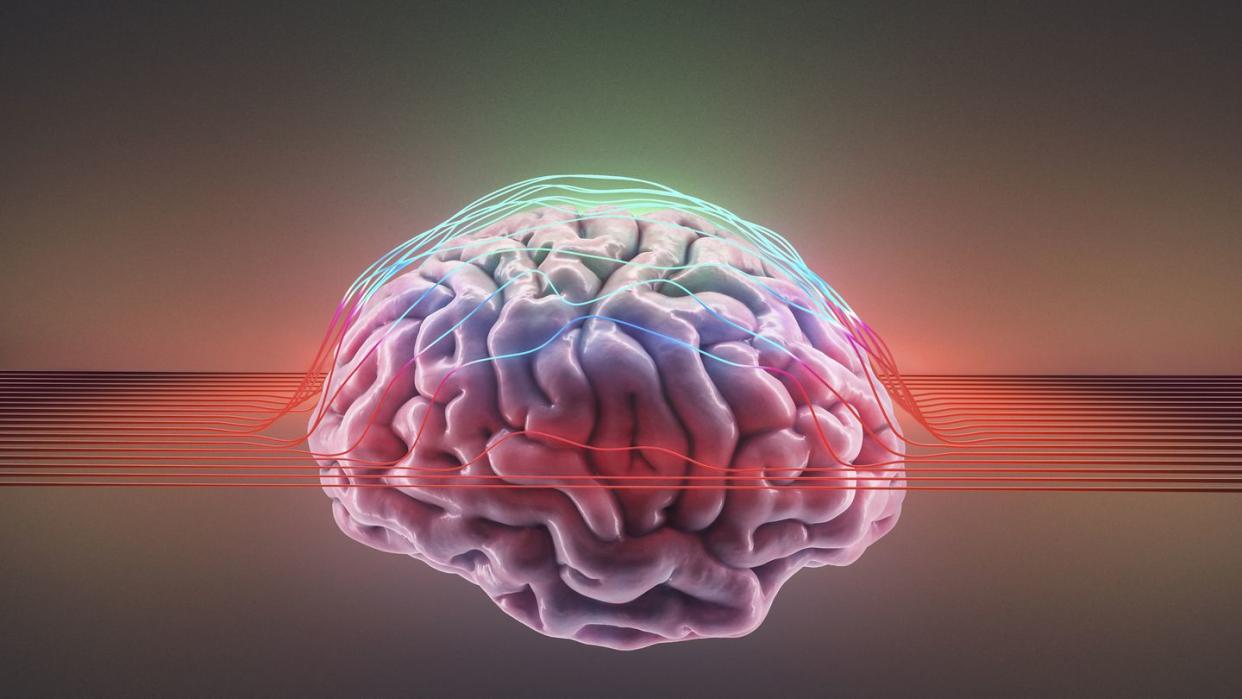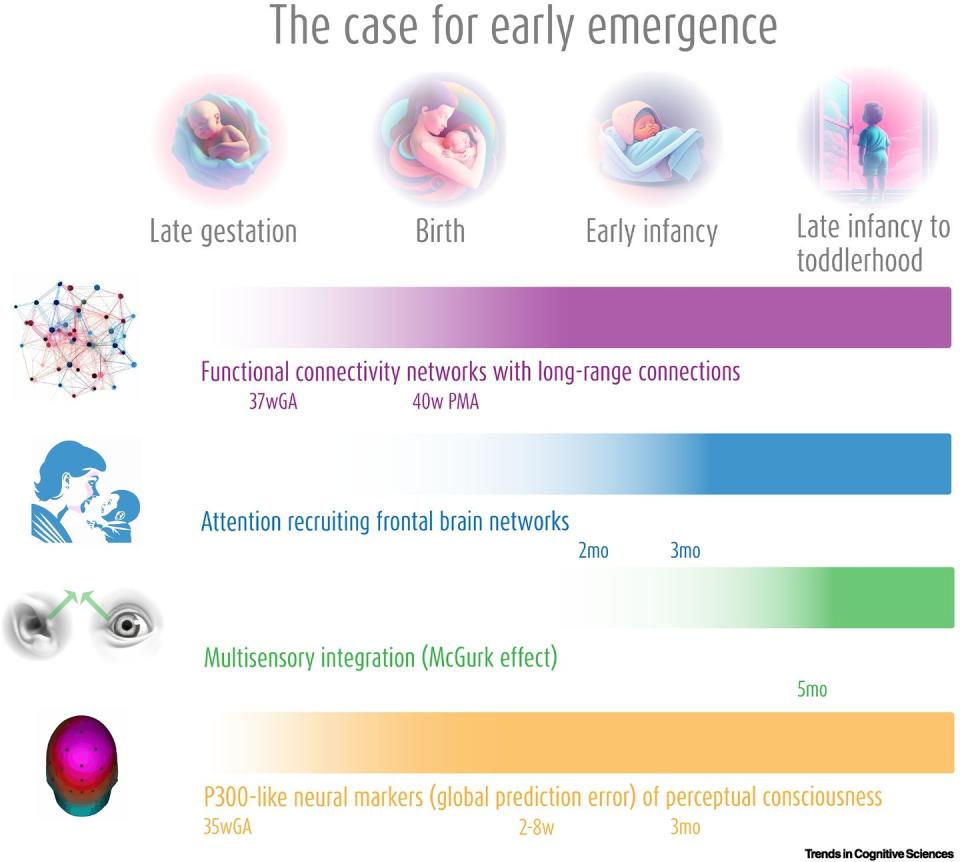Consciousness May Actually Begin Before Birth, Study Suggests

The exploration of consciousness has been the purview of scientists and philosophers for centuries, but new research puts forward the idea that these mental lights might turn on earlier than previously thought.
A team of scientists and philosophers from universities across the U.S. and Europe analyzed emerging literature regarding prenatal and postnatal consciousness, and determined a trend toward a slow awakening that occurs early on in life, and even during the last month of pregnancy.
This concept of early-onset consciousness could bring about new advancements in neurology and even computing.
For millennia, defining consciousness—both what it is and when it emerges—has been the tricky business of scientists and philosophers (and more recently, AI experts). And one of the biggest black holes in our knowledge, even though every human has experienced it, is exploring consciousness when we’re young. Like, newborn young.
To explore this confounding gap in our understanding, neuroscientists and philosophers from Australia’s Monash University, Germany’s University of Tübingen, Ireland’s Trinity College Dublin, and the University of Minnesota in the U.S. conducted a widespread review of the literature surrounding prenatal and newborn consciousness.
Although the prevailing theory throughout the 20th century was that consciousness didn’t develop until many months after birth, this new research argues that consciousness could occur much earlier, and even possibly in the final month of pregnancy. (Note: The study makes it clear that any consciousness that could develop during pregnancy only occurs around 35 weeks of gestation.) The researchers published their findings in the journal Trends in Cognitive Sciences.
“Nearly everyone who has held a newborn infant has wondered what, if anything, it is like to be a baby,” Tim Bayne, co-author and professor of Philosophy at Monash University, said in a press statement. “But of course we cannot remember our infancy, and consciousness researchers have disagreed on whether consciousness arises ‘early’ (at birth or shortly after) or ‘late’—by one year of age, or even much later.”
While it’s tempting to think of consciousness as a light switch—one moment it’s dark and then, suddenly, voila—this study argues that consciousness slowly awakens, with the smallest whispers of it possibly starting during pregnancy.

The study tracked consciousness across four key markers: functional connectivity, frontal brain networks, multisensory integration, and neural markers of perceptual consciousness. While these four markers possibly begin at different times—multisensory integration, for example, shows up last in the lineup—it nonetheless shows the dynamic process through which human consciousness could arise.
“Our findings suggest that newborns can integrate sensory and developing cognitive responses into coherent conscious experiences to understand the actions of others and plan their own responses,” Lorina Naci, co-author and associate professor of Psychology at Trinity College Dublin, said in the press statement.
The study admits that this is only the tip of the consciousness iceberg, but confidently claims that the idea of newborns as mostly unconscious beings can be safely laid to rest. To further analyze the early days of human understanding, innovations in fetal magnetoencephalography (MEG), as well as improved methods in analyzing fMRI readings in awake infants, could yield even richer data.
So, while the philosophical debate that’s raged for thousands of years continues (and likely will, far into the future), science is slowly providing some clarity as to what it means to be a brand-new, conscious being.
You Might Also Like

